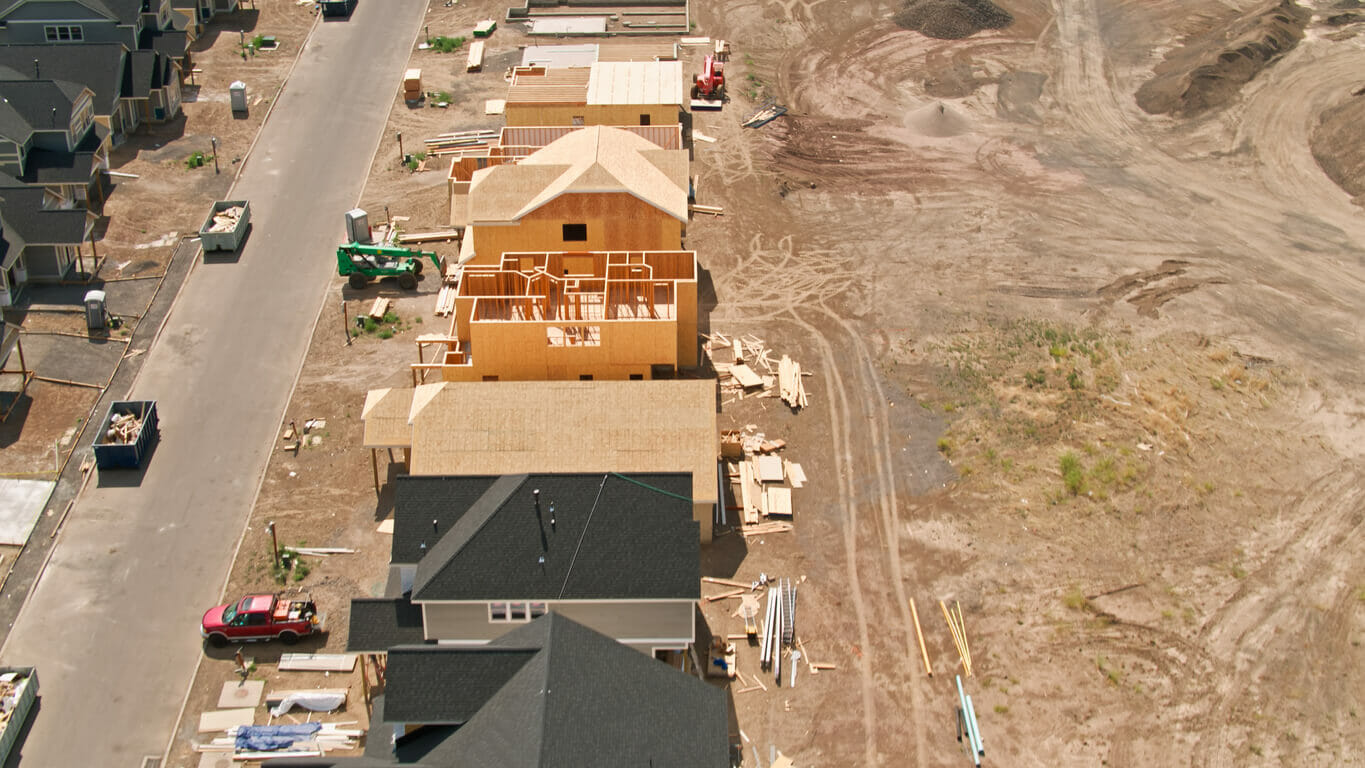Homeowner associations are established long before the land is transferred for homes. Developers plan for the project, secure land, and apply for permits and approvals years before the HOA is established.
Eventually, as the project nears completion, the community is transferred to owners. But until that time, the developer is in charge of managing the property.
Table of contents
What are developer controlled communities?
What are developers responsible for when managing an HOA?
How long do developers maintain control of the HOA?
What are developer controlled communities?
Developer controlled communities are exactly as they sound. It is a community that operates under the instructions of the developer as opposed to the owners.
What are developers responsible for when managing an HOA?
Developers create the foundations of each HOA. We’re not just talking about the physical structures; they are tasked with creating the CC&Rs, establishing budgets and setting expectations for the community.
CC&Rs
An HOA’s first set of Declaration of Covenants, Conditions, and Restrictions, best known as the CC&Rs, are put together by the developer. The developer creates and records the CC&Rs as an “equitable servitude,” an agreement or contract between two or more parties that limit their use of property, to ensure all parties who have an interest in the development use the property as it was intended to be enjoyed. The CC&Rs help to inform the bylaws, and rules and regulations, too.
Developers are encouraged to work with a legal professional and HOA management company to ensure the CC&Rs comply with county and state laws, and that rules are realistic and enforceable. However, the CC&Rs can be formally amended once members take over.
Budgets
The developer has a fiduciary duty to act in the best interests of the HOA. That means creating a budget that allows the community to thrive. The budget should not be too low – there needs to be enough money coming in to pay for expenses, maintain operations and contribute to the reserve fund.
Governance
The developer must assemble a board to govern the HOA. It is common for a developer’s employees to make up the board pre-transition. Developers may only hold one meeting per year, but whatever the frequency, owners who have bought a home in the association must be notified and have a right to be in attendance unless the information is classified. This way, they have the opportunity to vote on important HOA matters. Minutes should be kept just like any other meeting.
Though owners generally have limited authority while a community is under the developer’s control, they can still find ways to be more involved. For example, volunteers can assemble and create an HOA advisory committee. Owners can also show up at any open meetings or annual meetings to vote, ask questions and see what they can do to help the association move forward.
Collecting fees/assessments
The board must start collecting fees when owners move in. Fees are determined based on the initial budget established by the developer. It’s very unlikely that there will be enough people moved in to cover HOA operating costs. As such, the developer will often fund the budget until there are enough members paying assessments to cover association expenses.
Enforcing rules
Owners are expected to abide by governing documents as soon as they move in. It is technically up to the board to make sure that members are following the rules, but most of the time, since the first board is temporary, rules will not be enforced.
Developers may choose to hire a property management company to help with rule enforcement and fee collection. A manager can assist with establishing processes and expectations. These professionals create more stability for owners pre- and post-transition. An HOA manager will act as a proxy between owners and the developer, ensuring members have all of the documents and information they need to complete a successful transition.
How long do developers maintain control of the HOA?
Developers do not have the time or resources to manage communities indefinitely. When the time comes, the HOA will transition from a developer controlled community to an owner controlled community.
Timing
There is no universal rule for when transitions should occur. Developers often wait until their communities hit a specific milestone to start the transition.
Information about transition timing is likely written in the governing documents. Alternatively, developers may let statutory requirements inform their decision. Statutes only set an upper limit for how long a declarant may govern a community; a developer is permitted to release control as soon as they see fit.
In some states, 75% of homes in the development must be sold. Once that happens, an election is scheduled 60 days later to assemble a board of directors, comprised exclusively of homeowners.
Not all states follow this rule though. Communities may have a lower threshold, or they may allow more time for a board to be elected.
Transition process
The transition process is not generally a quick one. One to two years is typical, but it could be more or less time depending on the size of the community, and how organized the developer is.
The transition is usually accomplished at a special meeting. It is here that homeowners are elected to serve on the board. Once the community has been turned over to owners, the developer is no longer responsible for managing the HOA’s operations.

Before the transition is complete, owners will need to ensure they have all the necessary documents, including governing documents, contracts and financial records. Once a developer has relinquished control, it can be very difficult for board members to secure missing documents from them.
To make this process less stressful, members who are interested in running for the board should be identified early on. These individuals tend to be actively involved in the community, and will already have some understanding of the HOA’s finances, operations, goals, etc.
A management company will also be incredibly helpful during the transition period. They’ve probably done this before, and will be able to help both parties get what they need. With so much going on, it’s easy to forget the small stuff. That’s why having a manager present is so helpful.
Finally, owners should have a lawyer review the CC&Rs and other community documents to make sure nothing is missing or left to interpretation. Having clear, enforceable rules from the start is a great way to set the community up for success.
Conclusion
Developers are in charge of their HOA communities until a transition of power occurs. While they are in control, they are responsible for assembling a board, creating CC&Rs, and ensuring there is enough money to keep the community afloat.
Some developers are more involved than others, but those who maintain good communication with new owners are more likely to have success with future developments. Professionals, such as HOA managers and lawyers who specialize in HOA matters, can help developers build a stable and attractive neighborhood for new members. The last thing any new homeowner wants is to move into an association that has insufficient rules and funding.


